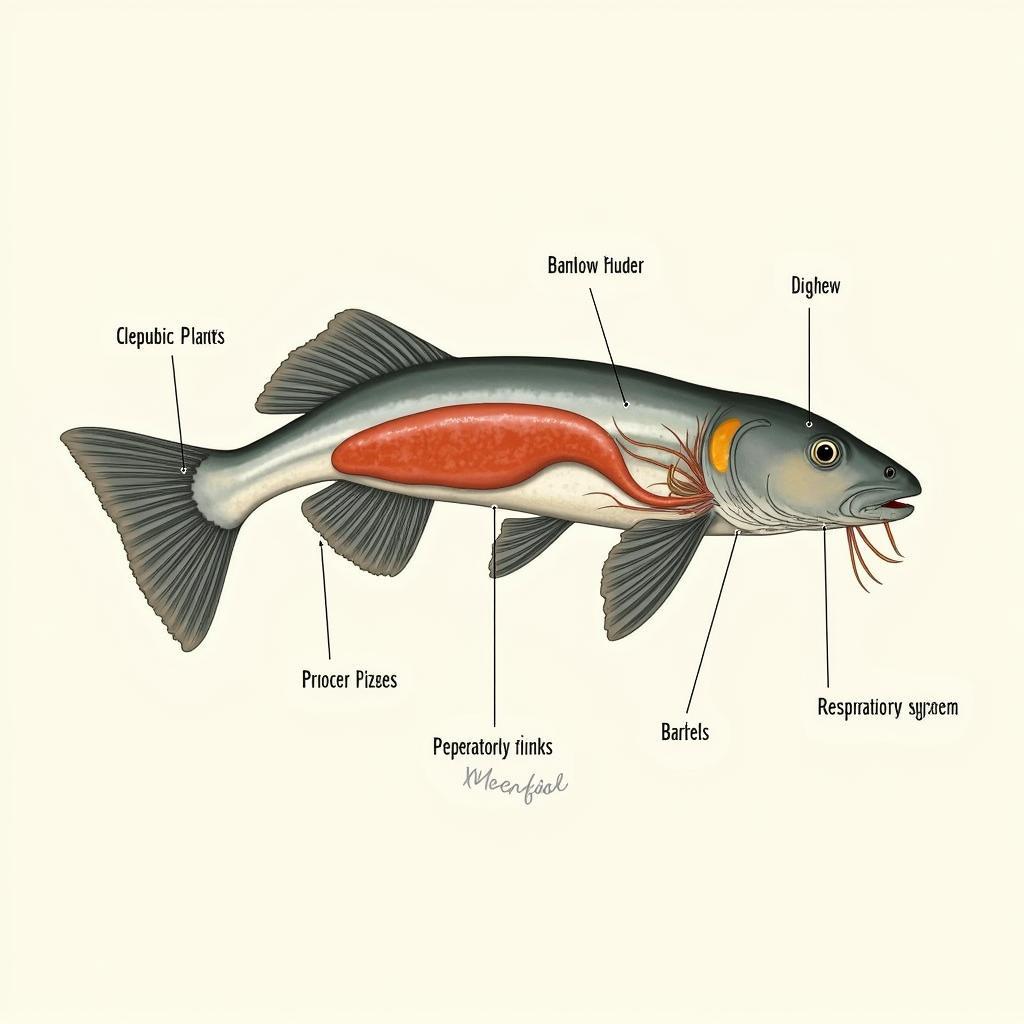Exploring the African Human Rights Law Journal 2018: A Deep Dive
The African Human Rights Law Journal (AHRLJ) is a prominent academic publication dedicated to advancing the field of human rights law in Africa. The 2018 volume of the journal, in particular, features compelling articles that shed light on various critical human rights issues facing the continent. In this article, we’ll delve into the key contributions of the 2018 AHRLJ, exploring its significance in the context of African human rights jurisprudence.
Key Contributions of the 2018 African Human Rights Law Journal
The 2018 volume of the AHRLJ showcases a diverse range of articles that address pressing human rights challenges within the African context. Here are some of the key highlights:
The Evolution of Human Rights Law in Africa
One of the notable features of the 2018 AHRLJ is its focus on the evolution of human rights law in Africa. Several articles explore the development of regional and national human rights frameworks, analyzing the progress made and identifying areas that require further attention. For example, an article titled “The African Court on Human and Peoples’ Rights: A Critical Appraisal” examines the role of the African Court in enforcing human rights standards, highlighting its successes and shortcomings.
Emerging Human Rights Issues
The journal also delves into emerging human rights issues that are gaining prominence in the African context. Articles discuss the impact of technological advancements on human rights, the implications of climate change for human rights, and the challenges posed by terrorism and conflict. For instance, a paper titled “Digital Rights in Africa: A Crossroads for Human Rights” explores the intersection of technology and human rights, examining the potential benefits and risks associated with the digital revolution.
Protecting Vulnerable Groups
Protecting vulnerable groups remains a central focus of the AHRLJ. Articles address the rights of women, children, refugees, and other marginalized communities. One particularly insightful article titled “The Rights of Internally Displaced Persons in Africa” investigates the legal framework for protecting internally displaced persons in Africa, highlighting the gaps and challenges faced by this vulnerable group.
Promoting Human Rights Implementation
The 2018 volume of the AHRLJ also emphasizes the importance of promoting human rights implementation. Articles analyze the effectiveness of different human rights mechanisms, exploring the role of national human rights institutions, civil society organizations, and the judiciary in upholding human rights standards. A paper titled “The Role of the Judiciary in Promoting Human Rights in Africa” examines the role of the courts in enforcing human rights, highlighting the need for judicial independence and capacity building.
Challenges and Opportunities
The 2018 AHRLJ does not shy away from addressing the challenges and opportunities facing human rights in Africa. Articles explore the impact of political instability, corruption, and economic disparities on human rights, while also identifying potential solutions and areas for future progress. An article titled “Human Rights and Sustainable Development in Africa: A Roadmap for the Future” highlights the interconnectedness of human rights and sustainable development, arguing that achieving human rights requires a holistic approach that addresses economic, social, and environmental challenges.
Why is the African Human Rights Law Journal 2018 Significant?
The 2018 volume of the AHRLJ is a significant contribution to the field of African human rights law for several reasons:
- Comprehensive Coverage: The journal offers a comprehensive overview of key human rights issues facing Africa, covering diverse topics and perspectives.
- Scholarly Rigor: The articles are written by leading scholars and practitioners in the field of human rights law, ensuring high levels of academic rigor and depth.
- Policy Relevance: The journal provides valuable insights for policy makers, human rights activists, and other stakeholders working to promote and protect human rights in Africa.
- Stimulating Debate: The journal encourages critical dialogue and debate on pressing human rights issues, fostering intellectual exchange and contributing to the development of human rights jurisprudence in Africa.
The Future of Human Rights in Africa: A Call for Action
The 2018 AHRLJ serves as a valuable resource for understanding the challenges and opportunities facing human rights in Africa. The journal’s analysis highlights the need for continued efforts to strengthen human rights protection mechanisms, promote human rights education, and hold governments accountable for their human rights obligations.
The articles in the 2018 AHRLJ demonstrate that the journey towards realizing human rights in Africa is ongoing. However, the commitment of scholars, activists, and policymakers to advocating for human rights and promoting the rule of law provides a glimmer of hope for a future where the rights of all Africans are respected and protected.
FAQ
Q: What are some key themes addressed in the African Human Rights Law Journal 2018?
A: Key themes include the evolution of human rights law in Africa, emerging human rights issues, protecting vulnerable groups, promoting human rights implementation, and challenges and opportunities for human rights in Africa.
Q: How does the 2018 AHRLJ contribute to the field of African human rights law?
A: It offers a comprehensive overview of key issues, features scholarly rigor, provides policy relevance, and stimulates critical dialogue on human rights in Africa.
Q: What are some of the challenges facing human rights implementation in Africa?
A: Challenges include political instability, corruption, economic disparities, and weak governance structures.
Q: What are some potential solutions to address human rights challenges in Africa?
A: Potential solutions include strengthening human rights protection mechanisms, promoting human rights education, and holding governments accountable for their human rights obligations.
Q: What is the significance of the African Court on Human and Peoples’ Rights?
A: The African Court plays a crucial role in enforcing human rights standards in Africa, but it faces challenges in terms of jurisdiction and implementation.
Q: How can individuals contribute to the promotion of human rights in Africa?
A: Individuals can raise awareness about human rights issues, support human rights organizations, advocate for policy changes, and hold their governments accountable for their human rights obligations.

